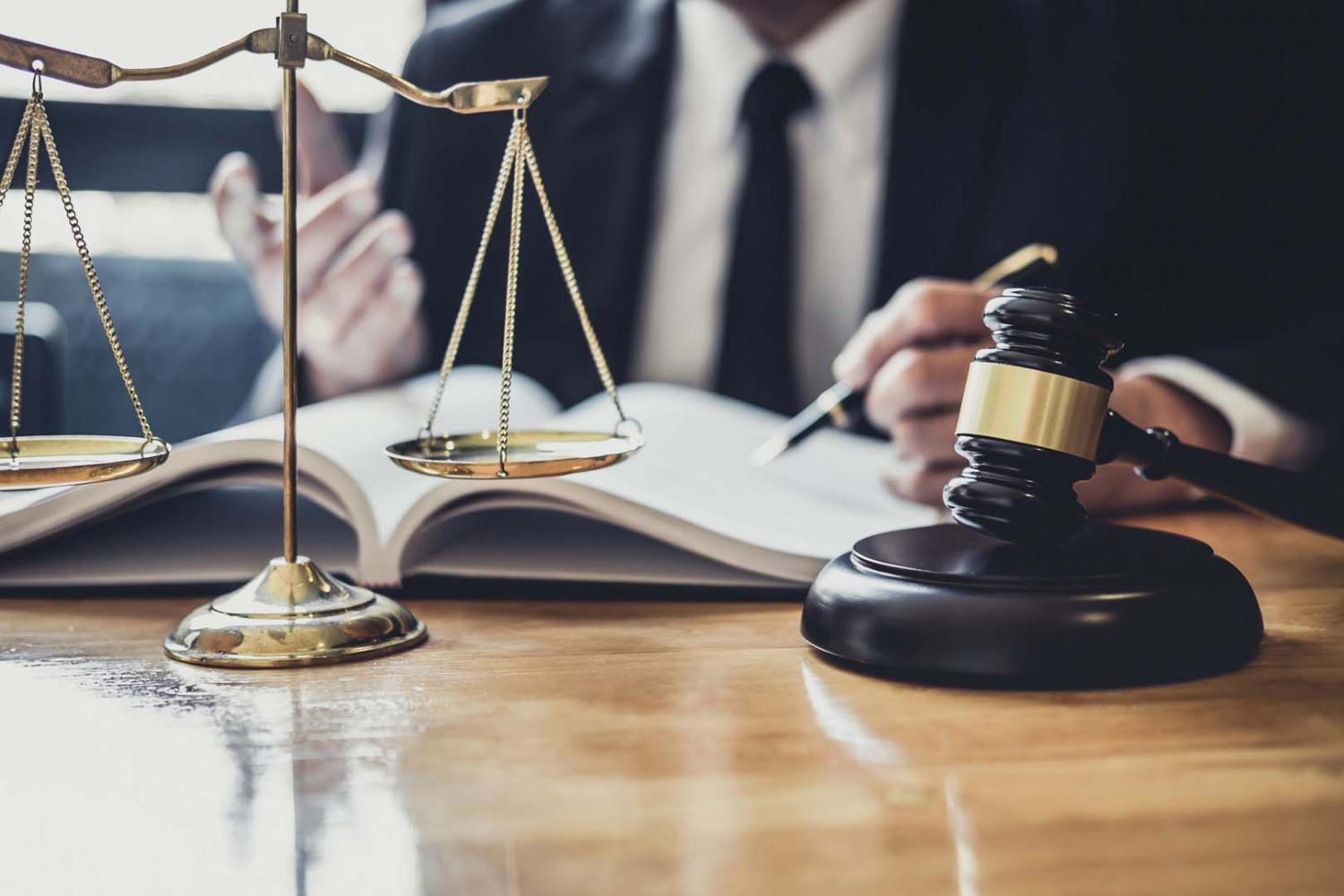When an individual has regular income, whether employed or self-employed, but still find yourself overwhelmed with debt, you may be eligible for a Chapter 13 bankruptcy. If you are thinking about a Chapter 13 bankruptcy, it is essential that you contact the Jain Law Firm. Many individuals may not qualify for a Chapter 7 Bankruptcy, because of their income and/or assets. In a Chapter 13 bankruptcy, you can pay your past debts over time, normally 36 - 60 months.
It is not a requirement in Chapter 13 bankruptcy that you pay back all of your unsecured debt in the 36 - 60 month time frame. Unsecured debt is commonly credit cards, lines of credit, judgments, repossession deficiencies etc. Usually, only a portion of the unsecured debt is paid with the balance being discharged/eliminated upon successful completion of your Chapter 13 bankruptcy. Past debts that can be paid in a Chapter 13 bankruptcy include back mortgage payments/mortgage arrears, income taxes. Property taxes, back amounts owed on auto loans etc. It is possible to eliminate a 2nd Mortgage / Home Equity Line of Credit in a Chapter 13 bankruptcy.
Additionally, you may be eligible to "cram down" your auto loan bring the balance owed and the interest rate to fair market value. The bankruptcy filing will also stop all collection actions by creditors including debt collection calls and lawsuits.
Bankruptcy filings are complicated and must be done accurately so that you are not denied a Chapter 13 bankruptcy. At the Jain Law Firm we have the necessary experience in bankruptcy law to ensure your bankruptcy is handled properly.
Chapter 13 bankruptcy may be a viable option for you. However, it is still best to discuss your case with a lawyer at the Jain Law Firm.
